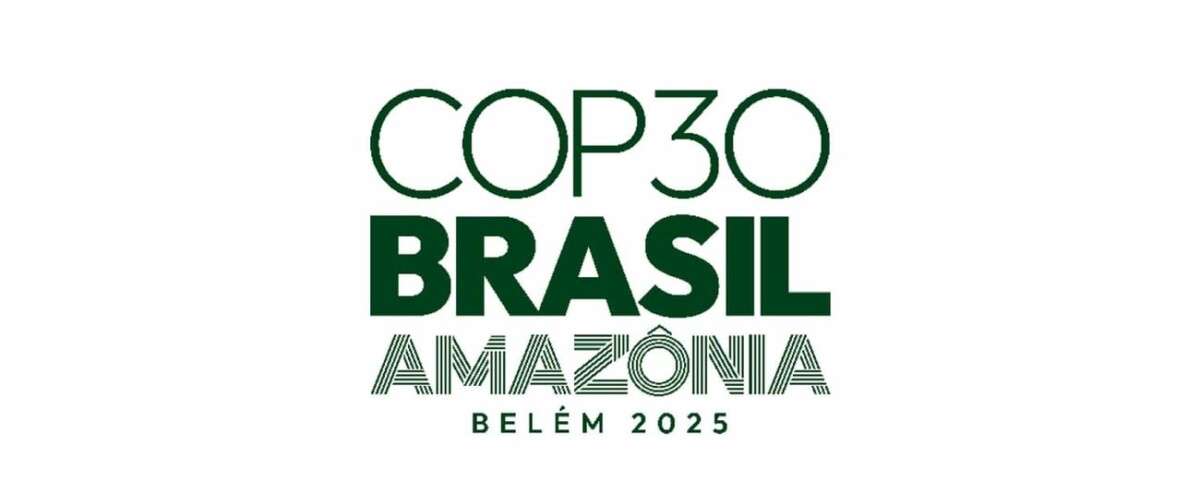As world leaders and negotiators convened in Belém for COP30, Brazilian security forces were wrestling with a parallel crisis unfolding beyond the conference perimeter. Across the Amazon, criminal groups have tightened their control over forests, rivers and remote towns, driving rampant illegal gold mining, deforestation and cross-border trafficking. Those illicit economies are eroding conservation gains, contaminating landscapes and undermining the very climate commitments being negotiated inside the summit halls.
The scale of environmental damage is visible from the air. Helicopter patrols now fly over expanses where dense forest has been hollowed out and replaced by pale pools of mercury‑tainted water left by informal miners. Trees are felled to clear ground for prospecting and to open access routes for trucks and river boats. At the centre of several of these criminal networks sits the Comando Vermelho, one of Brazil’s most powerful syndicates, which intelligence agencies say now controls supply chains for gold, timber and narcotics across large sections of the Amazon.
A recent assessment produced with Brazil’s public‑security agencies highlights how weak state presence, porous borders and surging international commodity prices have created fertile ground for criminal expansion. Analysts point to hundreds of municipalities where armed factions now exert influence, and to dozens where local authorities have effectively lost control. The reach of these groups extends into urban and peri‑urban life: in Belém, local reporting found that construction crews on critical infrastructure projects were forced to pause work each afternoon after receiving threats linked to criminal actors, prompting federal authorities to step up security around energy installations. Residents in some neighbourhoods say daily life is governed less by municipal law than by directives circulated via WhatsApp from gang leaders; shopkeepers describe paying protection fees and communities describe a pervasive code of silence that thwarts complaints and conceals abuses.
Those governance failures matter for climate action in profound ways. When armed groups fill the vacuum left by absent or under‑resourced state institutions, they shut down the mechanisms that enforce environmental regulations, manage land use and support communities confronting climate risks. Conservation zones go unmanaged, patrols are impeded, rivers are polluted with mercury and other contaminants, and local populations lose lawful income options. Deforestation tied to illicit activity not only destroys habitat but also releases carbon that undermines national and global emissions targets. In short, criminal economies can erase the benefits of conservation programmes and climate finance before planned interventions have time to take root.
The expansion of organized crime into the Amazon did not happen overnight. Some analysts trace part of the growth back to urban security operations in the 2010s that displaced gang networks from Brazil’s major cities and pushed personnel into frontier regions with weak oversight. Over time those actors diversified into illegal mining, logging and smuggling networks that proved financially resilient and highly mobile. The criminal groups’ diversification—moving from drug trafficking into extractive crimes—has made them harder to dislodge and more directly harmful to the environment.
The situation in Brazil resonates across other tropical‑forest and mineral‑rich regions. The Congo Basin, for example, loses more than a million hectares of forest each year and faces similar pressures from illegal logging and unregulated extraction. Wildlife crime across parts of Africa costs governments billions of dollars and drains resources from conservation budgets; illicit fishing in West Africa has undermined coastal livelihoods and food security. In fragile states, armed groups routinely exploit remote forests and waterways, outmatching local enforcement and profiting from weak transnational controls.
For African negotiators and policymakers, Belém’s experience underlines a central point: climate financing and conservation efforts cannot succeed if criminal economies remain unchecked. Donors and multilateral institutions increasingly recognise that money alone is not enough; predictable, long‑term finance must be paired with strengthened governance, capacity building for enforcement agencies and instruments that reduce the profitability of illicit extraction. Without those elements, funding risks being diverted, project areas become unsafe for implementers, and communities most dependent on natural resources remain vulnerable.
Practical responses demand a combination of short‑ and long‑term strategies. Law‑enforcement surges and protective deployments can blunt acute threats—as Brazilian authorities did around COP30—but sustainable progress depends on rebuilding state presence across remote regions, improving cross‑border cooperation, and integrating anti‑crime measures into conservation planning. Financial innovations such as legal supply‑chain tracking, commodity‑traceability systems, and targeted guarantees that support licit economic alternatives can help shift incentives away from illegal activity. Equally important are investments in local livelihoods and governance, so communities have secure, lawful pathways to income that do not rely on destructive extraction.
The stakes are existential. Scientists warn that parts of the Amazon may be approaching ecological tipping points where forest regrowth becomes increasingly difficult, and illicit mining accelerates that trajectory through land conversion and toxic contamination. If criminal networks continue to shape land‑use patterns unchecked, they will not only devastate local ecosystems and communities but also make international climate targets harder to achieve.
Belém’s experience during COP30 provides a stark lesson: climate negotiations and environmental policy cannot be divorced from questions of security and governance. Criminal actors adapt faster than most institutions and exploit any breach in oversight—the consequences for forests, rivers and people are immediate and severe. For countries across Africa and Latin America, the challenge is to ensure that conservation and climate finance are deployed in ways that confront these criminal economies head‑on, reinforcing the rule of law while offering viable alternatives to illicit livelihoods. Only then can climate commitments translate into durable protection for the world’s most important ecosystems.



